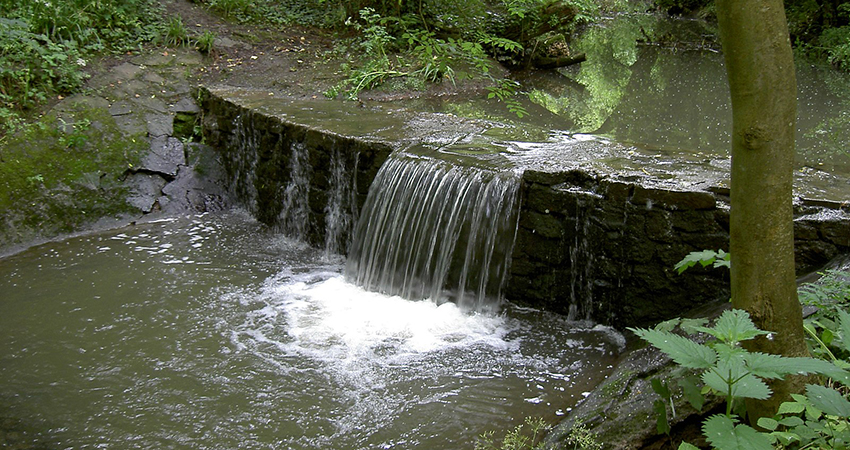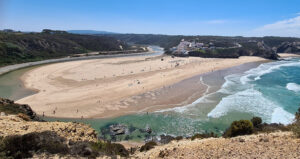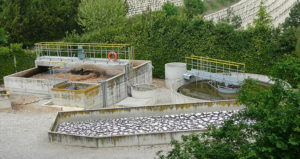Ireland to court for failures Water Framework Directive

-
 Fergal MacErlean
Fergal MacErlean
Share article:
The European Commission refers Ireland to court because it still fails to achieve compliance with the requirements the Water Framework Directive (WFD). Ireland adopted the WFD in 2003 but did not legislate for the regulation of large scale water abstraction from rivers and lakes for industry, commercial and other purposes.
“Despite some progress and the adoption of new legislation in June and December 2022, the Irish authorities have not yet fully addressed the grievances, over twenty years after the entry into force of this directive,” the European Commission said in a January statement. As a result the commission decided to refer Ireland to the Court of Justice of the European Union on 26 January 2023 for failing to correctly transpose the Water Framework Directive into national law.
New rules needed
The European Commission added that: “Ireland’s transposing law still needs to provide for appropriate controls in the following areas: water abstraction, impoundment and activities causing hydro-morphological changes such as dams, weirs and other interferences in natural water flow.”
Unsatisfactory condition
Ireland’s Environmental Protection Agency (EPA), an independent public body, has expressed concern over the declining condition of Ireland’s rivers and lakes. Its 2022-published report of the health of Ireland’s waters shows that nearly half of the country’s surface water bodies are in an unsatisfactory condition. The analysis is based on the assessment of over 4,000 surface water areas and 514 groundwater reserves over the period 2016-2021.
Estuaries and coastal waters at risk
“Overall, our water quality is declining and the number of monitored water bodies in satisfactory condition has decreased since the last assessment. There is a relatively small decline in water quality of our rivers and lakes. The number of estuaries and coastal water bodies in satisfactory condition has decreased by almost 16% and 10% respectively,” the EPA said. The agency blamed agriculture as the ‘most prevalent significant pressure causing water quality impacts’ in relation to high nutrient levels in water bodies.
New national water law
Ireland adopted a new Water Environment Act on 20 December 2022. This provides for a new regulatory framework to regulate water abstraction but the European Commission had not been formally informed of the legislation at the time of its decision to refer Ireland to the Court of Justice. An EU spokesperson told Ireland’s national broadcaster RTÉ news that the Water Environment Act is still not sufficiently robust to deal with the outstanding issues relating to the Water Framework Directive, and that a strong case against Ireland still exists.
Water Framework Directive
The European Water Framework Directive, adopted in 2000, provides a framework for integrated water management in river basin districts across the European Union. It obliges Member States to protect and restore all bodies of ground water and surface waters, estuarine waters and coastal waters to achieve ‘good status’ by 2027 at the latest.
Unsafe drinking water
Ireland seems to be struggling with European water laws. In 2021 the European Commission referred the country to the European Court of Justice for failure to comply with the requirements of the Drinking Water Directive. All Member States must ensure that water intended for human consumption is clean and safe. In Ireland the level of the chemical substance trihalomethanes (THMs) in drinking water are exceeding the parametric value established in the Drinking Water Directive in several areas.















